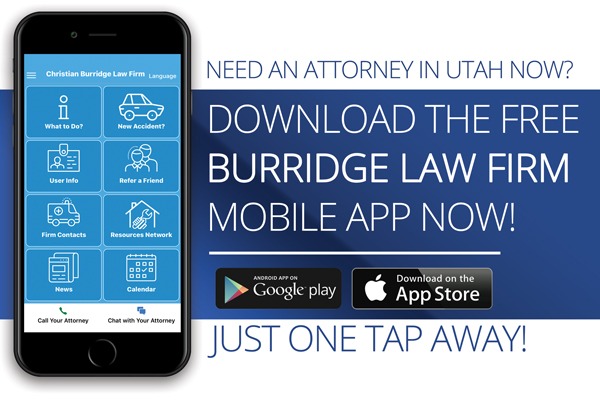Beyond the immediate aftermath, rear-end collisions can have lasting implications that deserve attention. Here’s what to consider in the weeks and months following the accident.
Monitor Your Health for Delayed Symptoms
Some injuries develop or worsen over time:
- Keep a symptom journal noting any new pain or limitations
- Attend follow-up medical appointments even if feeling better
- Be alert for cognitive symptoms like memory issues or concentration problems
- Don’t dismiss “minor” symptoms that persist
Vehicle Value and Future Repairs
Consider the long-term impact on your vehicle:
- Research diminished value claims if your car has lost market value
- Keep detailed records of all repairs
- Monitor for delayed problems that might be accident-related
- Consider having your vehicle checked again after several months
Insurance Premium Implications
Understand how the accident may affect your coverage:
- Even when not at fault, some policies may see rate increases
- Ask about accident forgiveness programs
- Consider shopping for new insurance at your next renewal
- Request written explanation for any premium increases
Revisit Settlement Offers With Future Needs in Mind
Before accepting any final settlement:
- Ensure all medical treatments are complete or future needs are accounted for
- Consider whether injuries might require ongoing care
- Evaluate impact on your earning capacity if injuries affect your work
- Consult an attorney to review settlement offers for fairness
Evaluate Defensive Driving Courses
Consider proactive steps:
- Defensive driving courses may help reduce insurance rates
- These courses can also improve confidence if you’re anxious about driving
- Some insurers offer discounts for voluntary completion of such courses
Review Your Insurance Coverage
Use this experience to evaluate your protection:
- Consider whether your current coverage limits are adequate
- Evaluate whether you need additional coverage like MedPay or PIP
- Understand your uninsured/underinsured motorist coverage
- Assess whether your deductible amount still makes sense for your situation
Taking these long-term considerations into account ensures that a rear-end collision doesn’t have lasting negative effects on your finances, vehicle value, or insurance situation.
People Also Ask
- Is Utah a no-fault state for car accidents? Yes, Utah is a no-fault state, which affects how long-term medical expenses are handled. Your Personal Injury Protection (PIP) covers initial medical costs up to your policy limits, but ongoing care may require additional claims if you meet the serious injury threshold for pursuing compensation beyond PIP.
- What are the damages of being rear-ended? Long-term damages can include ongoing medical treatment for chronic pain, permanent disabilities, continued loss of income, diminished quality of life, and vehicle value depreciation. These long-term consequences should be considered before accepting any settlement.
- How is fault determined in a car accident in Utah? While Utah operates under no-fault insurance for medical expenses, fault determination remains important for property damage claims and serious injury cases. Insurance companies may continue investigating fault long after the accident, reviewing medical records and seeking evidence that your injuries existed before the collision.
- What counts as a rear-end in an accident? A rear-end collision occurs when one vehicle strikes another from behind. For insurance and legal purposes, the specific details of how the impact occurred can affect long-term considerations, including whether the collision involved multiple vehicles in a chain reaction or if unusual circumstances contributed to the crash.



